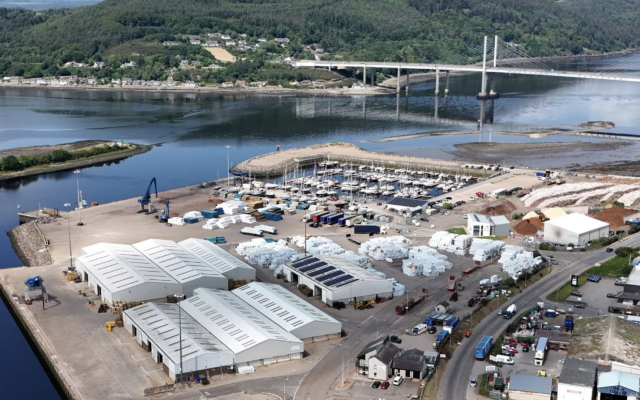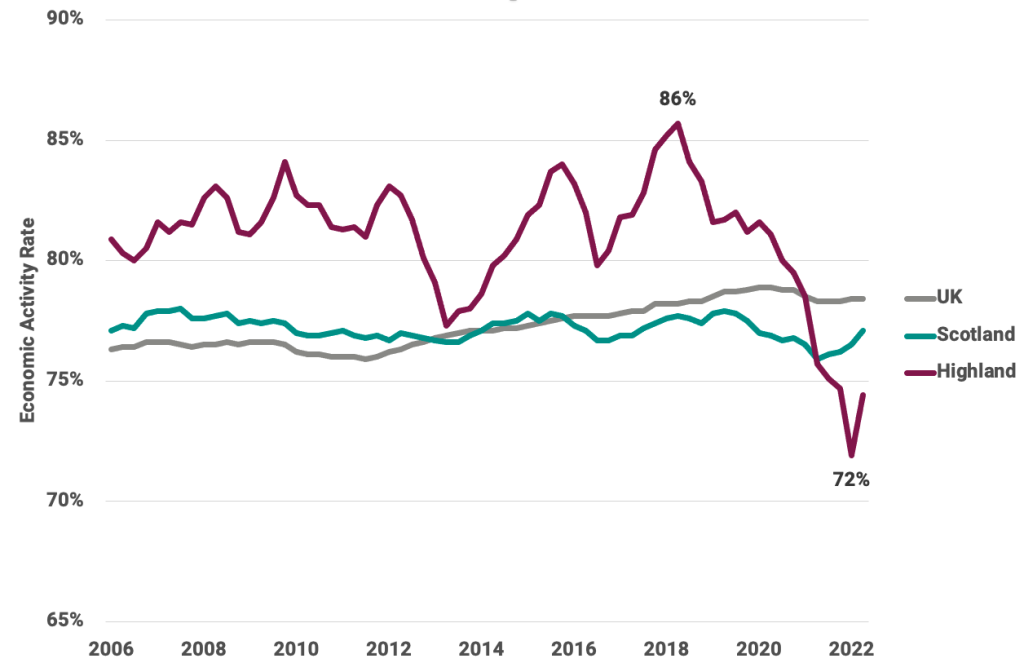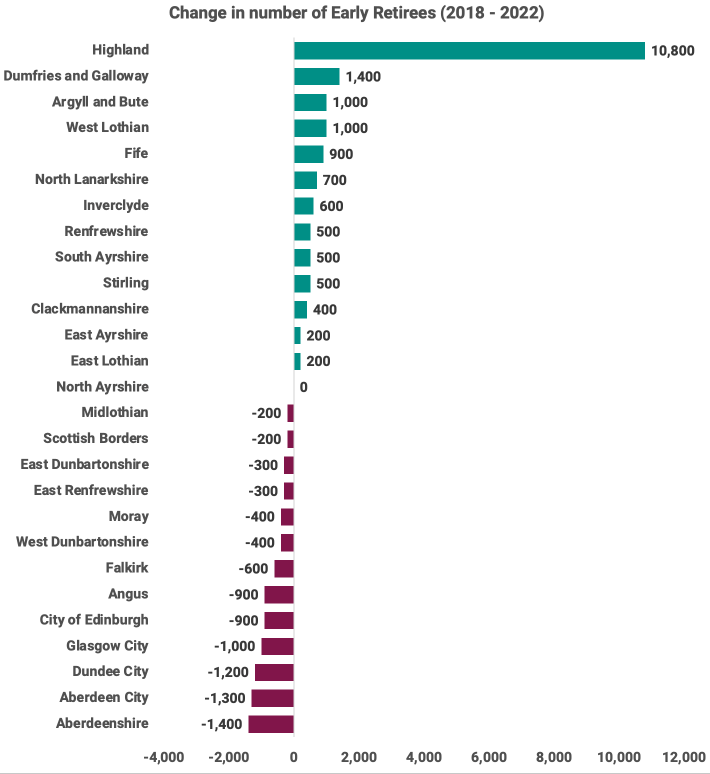
Posted 30.01.26
Economic Impact of the Port of Inverness
BiGGAR Economics was commissioned to assess the current economic impact of the Port of Inverness. We also assessed...
1 minute read
The size of the labour market in Highland has plummeted in the last two years, according to the ONS.
The ‘economic activity rate’ is a measure of how many working-age people are in the labour market, either in a job or looking for one. Traditionally, rural areas such as Highland, have a higher level of economic activity than the wider economy. In part, because those who are unable to find work in rural areas often move to urban areas in search of a job. Prior to the Covid-19 pandemic, the ONS Annual Population Survey showed that those either in employment, or looking for work, have been consistently higher in Highland than either Scotland or the UK averages.
However, this has changed dramatically in the last four years. The share of the working-age population that is economically active has decreased from 86% in 2018 to 72% in 2022. As a result, it is estimated that there are 14,500 fewer people in the labour market in Highland than there were 4 years ago. Across Scotland, the rate decreased by 2% during the same time period.

This is the largest fall in economic activity of any of Scotland’s local authorities, although places like Orkney have also seen a similar decline.
The reason for this change has been the significant increase in the number of early retirees. That is, those choosing to retire before turning 65 and therefore leaving the labour market. Since 2018 it is estimated that the number of early retirees in Highland has increased by 10,800. This is significantly more than any other local authority in Scotland and is equivalent to almost 5% of the total population in the area.
The increase in early retirees in Highland is equivalent to the entire population of Fort William
The huge increase in early retirees, and the difference with other local authorities, would suggest that the majority of the 10,800 are people who have moved into the area, either from Scotland or further afield.

People are choosing to retire early and move to Highland for a change of lifestyle and they are apparently doing this in droves.
The Highland economy is going to be at the forefront of the transition of the UK to a Net Zero future. The generation and export of energy from the wind and rain that falls on Highland currently supports thousands of jobs in the region. A declining workforce will make it more difficult to retain the maximum amount of economic impact from the billions of pounds that will be spent in Highland on this transition.
There may also be implications for the housing market, as those who buy properties later in life are more likely to be cash buyers with a greater level of capital available than the average house buyer. Indeed, the latest figures show that in Highland 42% of homes were cash purchases compared to the Scottish average of 32% and since 2018, house prices in Highland have increased at a faster rate than in Scotland as a whole.
The current Annual Population Survey would suggest that the increase in early retirees to Highland has re(dis)placed others in the working-age population, and has therefore reduced the size of the labour market. If this is the case then this will be a cause for concern for those interested in the economic development of Highland.
However, as with all analyses based on regional subsets of national datasets caveats* apply.
The Annual Population Survey does not cover everyone, instead, it seeks to survey a representative sample of the population in an area. As a result, the reported values are the midpoint of a range, rather than an exact value. We will need to wait until the publication of the Scottish Census next year to see how accurate these figures are.
This post first appeared on the Linkedin Blog of our Economics Director Simon Cleary and was later covered by BBC Alba.
Posted 07.11.22
Our latest news

Posted 30.01.26
Economic Impact of the Port of Inverness
BiGGAR Economics was commissioned to assess the current economic impact of the Port of Inverness. We also assessed...
1 minute read

Posted 12.12.25
New Stadium to Boost Aberdeen Economy
Be it plans for a multi-sports community stadium in Aberdeen, a new home for Manchester United, or the...
1 minute read

Posted 24.11.25
BiGGAR Economics becomes employee-owned
We are delighted to announce that BiGGAR Economics has become an employee-owned company. The shares in BiGGAR Economics...
1 minute read